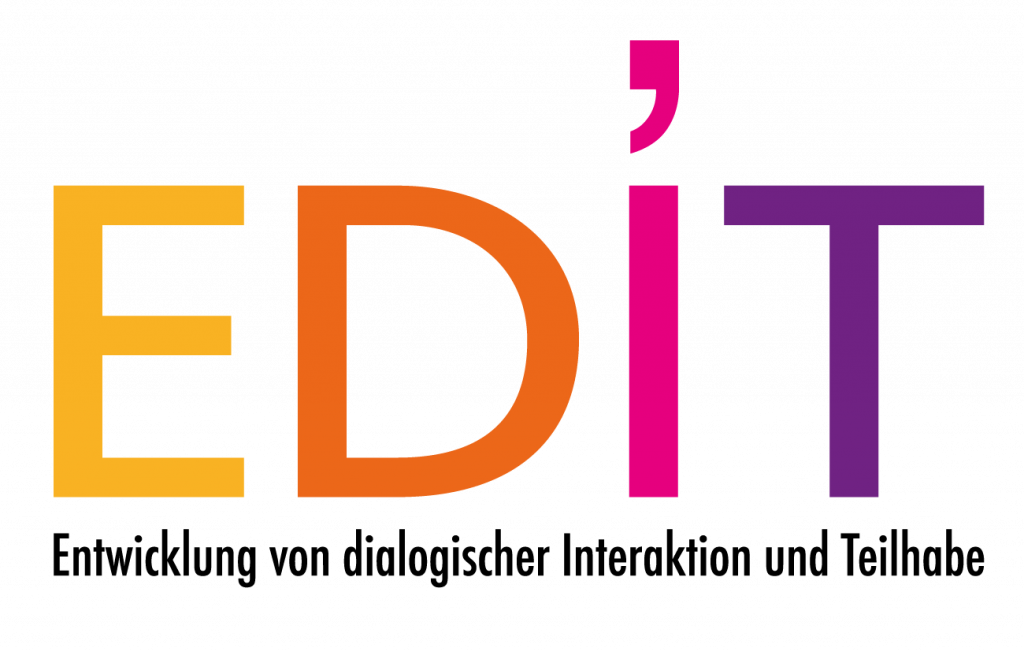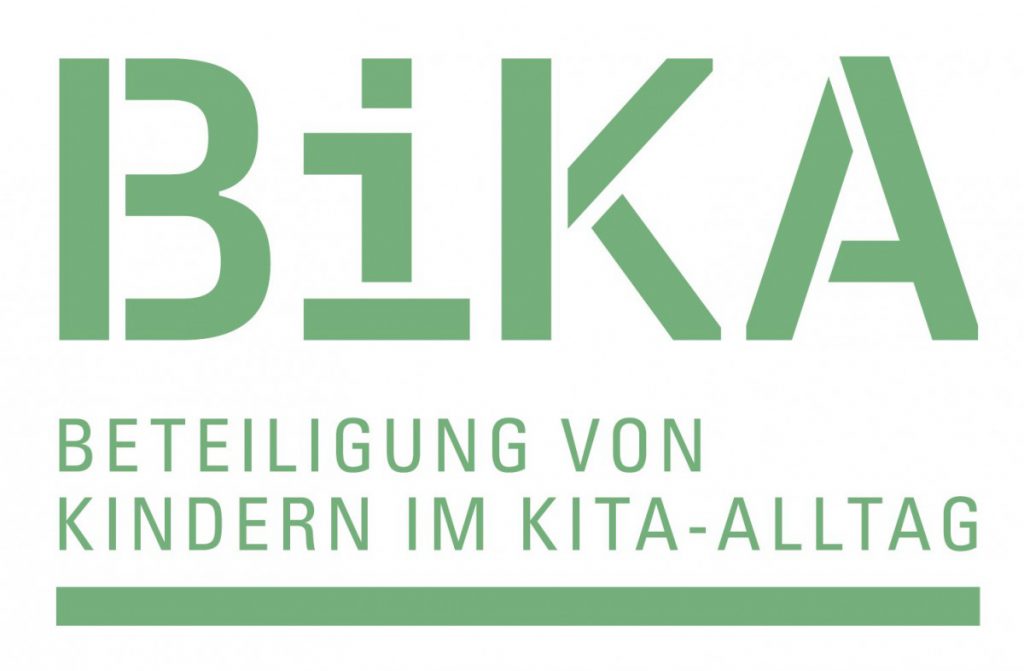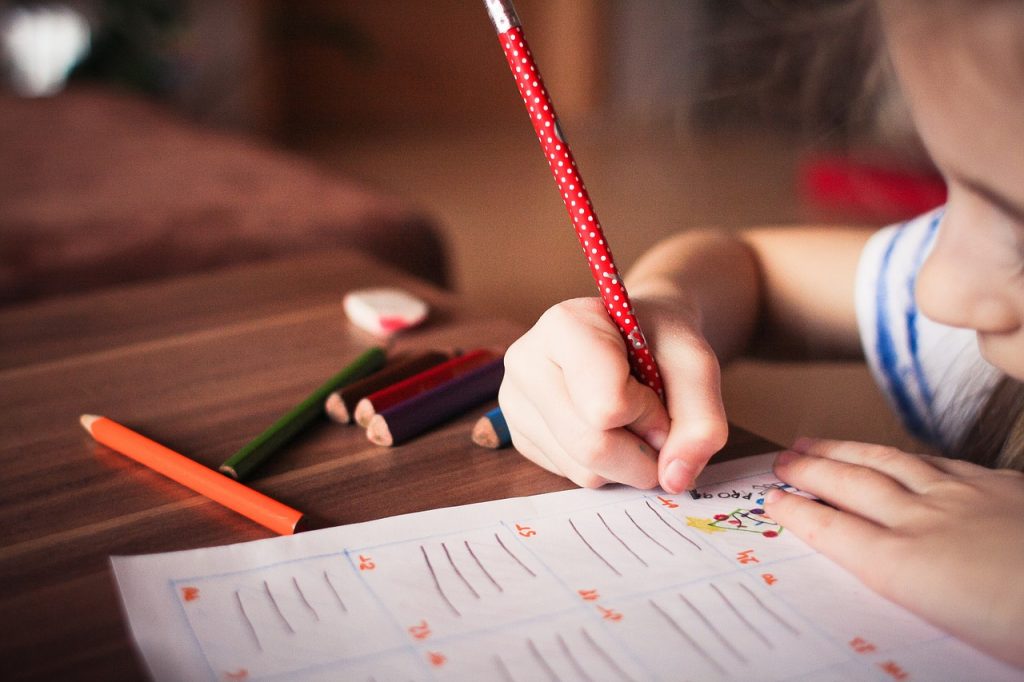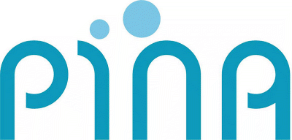Projects
PINA’s focus areas are early childhood cognition, education and development, and educational interaction. Here you can find information on our current and completed research projects.
Social Gestures – Gestures as cultural markers: The importance of tact gestures for social preference and learning in infancy and early childhood in France and Germany (Ongoing research project)
This is a research project in cooperation with the University of Applied Sciences Potsdam and the Université Grenoble Alpes. The project was developed together and is carried out under joint responsibility.
- Funded by: Deutsche Forschungsgemeinschaft (GR 4756/3-1)
- Project period: 01.09.2023 – 31.08.2026
- Project management FHP: Prof. Dr. Gerlind Große
- Projektleitung Université Grenoble Alpes: Dr. Cristina-Ioana Galusca
- Research staff: Stephan Engler
In particular, the following questions will be investigated in this project: Do toddlers and day-care centre children prefer native speakers who gesticulate as interaction and learning partners? Do German and French speakers differ in their use of gestures in pedagogical interactions with children?
Read more
EDIT – Participation In everyday life At The Day Care Centre
A cooperative practice research programme by FH Potsdam and the University of Potsdam on quality development in early education.

- Funded by: Federal Ministry for Family Affairs, Senior Citizens, Women and Youth (BMFSFJ)
- Project period: 01.2020 to 12.2022
- Project management: Prof. Dr. Frauke Hildebrandt, Dr. Caroline Wronski, Prof. Dr. Jan Lonnemann
- Research staff: Dr. Ramiro Glauer, Katrin Macha, Dr. Tina Marusch, Julia Huwer
- Coordination: Nadin Klüber
In sub-project 1, linguistic indications of participatory interaction formats are investigated, especially concerning their effects on the development of children from disadvantaged families or with non-German family languages.
BiKA – Participation In everyday life At The Day Care Centre
BiKA is a joint research project of the University of Applied Sciences Potsdam and the Research and Development Institute PädQUIS®, affiliated institute of the ASH Berlin and cooperating institute of the University of Graz.

- Funded by: Federal Ministry for Family Affairs, Senior Citizens, Women and Youth (BMFSFJ)
- Projekt period: 01.2018 bis 12.2020
- Project management: Prof. Dr. Frauke Hildebrandt, Prof. Dr. Catherine Walter-Laager
- Projektkoordination: Bianka Pergande
- Project staff: Anna Katharina Range, Sarah Schilling, Julia Huwer, Lydia Küttner
The study was developed jointly and is carried out under joint responsibility. It is funded by the Federal Ministry for Family Affairs, Senior Citizens, Women and Youth.
Read more
EQUIP – Quality And Interaction In Everyday Pedagogy
A cooperative practice research programme by FH Potsdam and the University of Potsdam on quality development in early education.

- Funded by: Federal Ministry for Family Affairs, Senior Citizens, Women and Youth (BMFSFJ)
- Project period: 05.2016 bis 12.2019
- Project management: Prof. Dr. Frauke Hildebrandt, Dr. Caroline Wronski, Prof. Dr. Jan Lonnemann
- Projekt staff: Juliane Burmester, Dr. Ramiro Glauer, Jasmin Luthardt, Karsten Manske, Dr. Tina Marusch, Stephanie Pigorsch, Joseph Rothmaler, Prof. Dr. Tobias Schröder, Prof. Dr. Stefan Thomas, Prof. Dr. Alexandra Schmidt-Wenzel
- Coordination: Ruben Maué
The project focuses on the convictions of educational professionals in day care centres in Berlin and Brandenburg about pedagogical interactions and how they can be changed. On the one hand, innovation intentions that come from outside, e.g. in the form of further training on pedagogical interaction, are…



